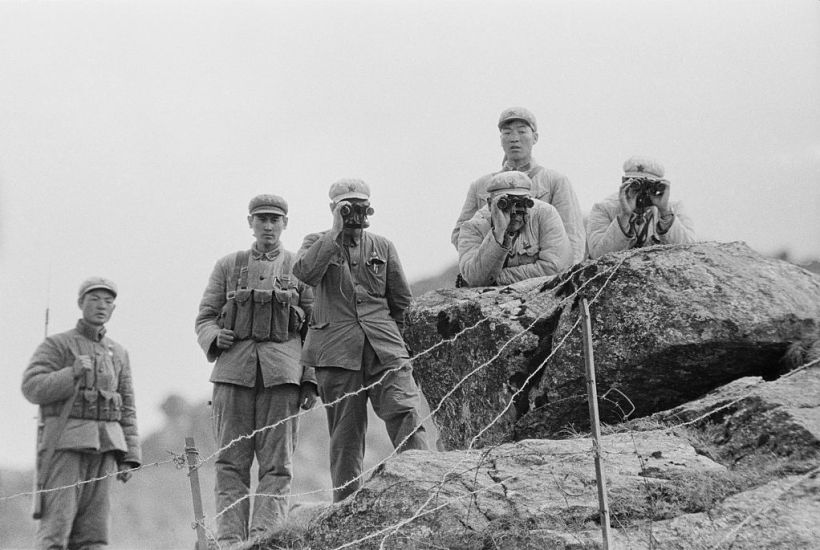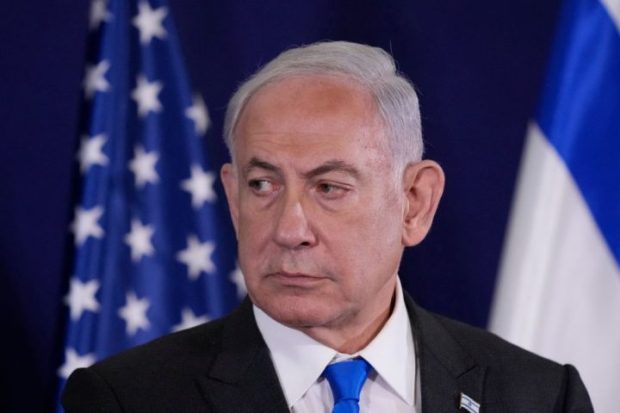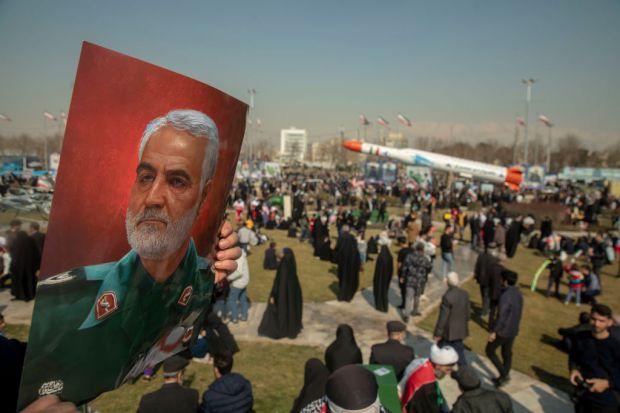That China is spying on us is hardly the revelation of the century. The Sunday Times broke the story that police have arrested two men amid allegations that a parliamentary researcher was spying for China. The spy, working on international policy, had alleged links to senior Tory MPs with sensitive information. He had previously lived and worked in China, leaving officials apparently fearing he may have been a ‘sleeper agent’ recruited to infiltrate British political networks.
Cue howls of indignation all round. An unnamed source close to Alicia Kearns, chairwoman of the foreign affairs select committee to whom the spy allegedly had access, claimed the allegations, if true, constituted a ‘serious escalation and show the CCP will go to any length to attack thorns in their side.’ A senior Whitehall source called it a ‘major escalation’, claiming ‘we have never seen anything like this before.’
Really? Espionage is serious, but such spying is hardly a serious escalation of what is already a difficult relationship with a state which undoubtedly poses a threat. MI5 boss, Ken McCallum, has even spoken publicly about the scope and scale of the challenge, while parliament’s Intelligence and Security Committee warned recently that the government’s response to the threat from Chinese espionage was inadequate. Chinese intelligence has apparently penetrated every sector of the economy. Parliament would have been a high priority target for Beijing.
And it is hardly unprecedented. Soviet spy agencies attempted to cultivate MPs directly, and unprecedented was the expulsion of 105 Soviet spies from the UK in 1971. Fortunately, we are not in that world – yet. If recruiting a parliamentary researcher constitutes the ‘any length’ to which China will go, then I for one will sleep easier tonight. One hopes that MI6 has sources of its own inside China, and that the CIA’s network of informants has recovered from being systematically dismantled by the Chinese a decade ago.
Rising political tensions and the belated publicity surrounding these arrests raises the perennial difficulty for counter-intelligence officers who seemingly can never win. If true, it is of course a good thing that a spy has been uncovered, and the arrests were no doubt the result of some impressive work. People like this are hard to detect.
But at the same time, spies are difficult to prosecute, and every arrest leads not to a pat on the back, but to questions about how many more spies are operating, and why security was so slack as to allow this to happen in the first place. Spy catching is a notoriously tricky business; and those involved have little incentive to shout about it. It perhaps is of little surprise that this is only now coming out.
The bigger threat to Britain comes not from espionage, but subversion. They may be two sides of the same coin, but actively influencing and interfering in UK democracy is a much more serious charge. With this in mind, it is striking that Rishi Sunak responded by raising ‘significant concerns’ with the Chinese premier about CCP ‘interference’ in the UK’s parliamentary democracy.
The arrests come off the back of MI5 issuing a rare security alert last year about Christine Lee, an Anglo-Chinese solicitor. She was accused of interfering in parliament, including through political donations, on the behalf of the CCP. Elsewhere, the Australians, New Zealanders and Canadians are well aware of this threat. Canada has recently opened a public inquiry into foreign interference in its 2019 and 2021 elections.
One Whitehall Source told the Sunday Times that the spy ‘turned some backbenchers from China hawks into being apathetic about Beijing.’ This is a very bold claim. It is notoriously difficult to judge the impact of influence operations, and even the impact of the most famous ‘successes’ in history, like CIA attempts to swing the 1948 Italian elections, remain open to challenge. We do not yet know if this researcher was watching, listening and reporting, or actively shaping. What is worrying, though, is that whatever he was up to, it forms part of a wider approach combined with espionage, propaganda, economic investment, political lobbying, interfering in universities, cyber activity and more.
Combined, it is insidious. It is continuous and intangible, taking place well below the level of regime change or outright conflict. It exploits divisions and loopholes, operating at the fuzzy border of legitimate and illegitimate, shaping political debate. As one senior MI6 officer working at the height of the Cold War called it: ‘a continuous sapping process’.
Iain Duncan-Smith is right to warn against complacency – this is not just about espionage. After all, states spy, but gradual influence through everyday subversion is more insidious.
Got something to add? Join the discussion and comment below.
Get 10 issues for just $10
Subscribe to The Spectator Australia today for the next 10 magazine issues, plus full online access, for just $10.




















Comments
Don't miss out
Join the conversation with other Spectator Australia readers. Subscribe to leave a comment.
SUBSCRIBEAlready a subscriber? Log in